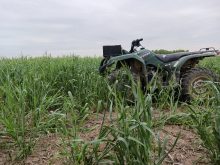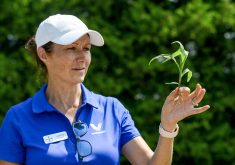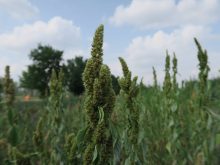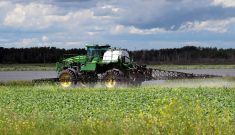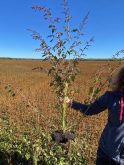Glacier FarmMedia – Two class action lawsuits are underway in Canada alleging a link between paraquat and Parkinson’s disease.
Paraquat is the active ingredient in a broad-spectrum herbicide marketed under the brand name Gramoxone in Canada by Syngenta between the mid-1960s and 2022, after which it was taken off the market.
Why it matters: Paraquat was used by farmers for burndown and as a desiccant, and was removed from the market in 2022.
Read Also
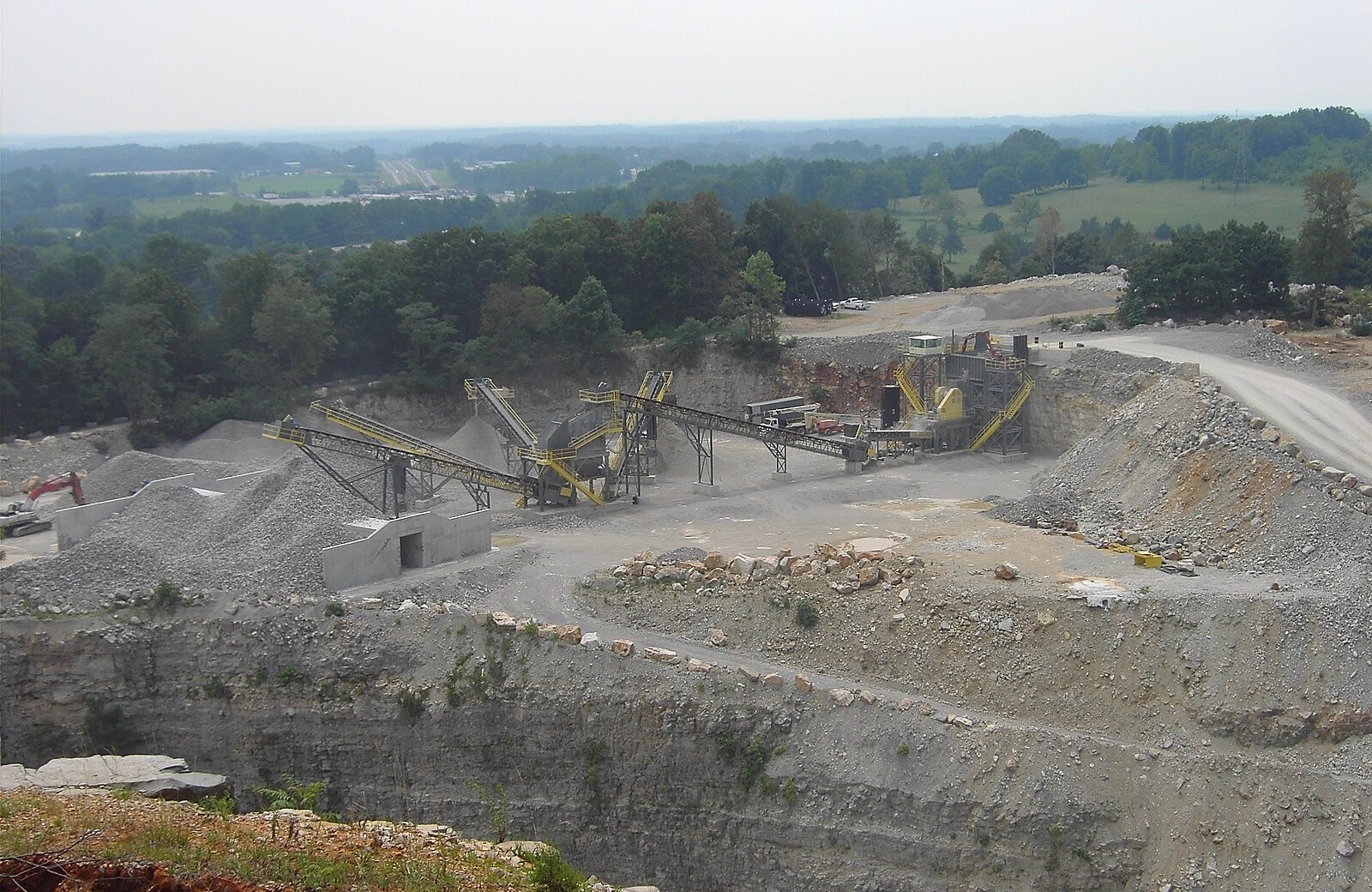
Melancthon faces a new quarry fight over water, environment and farmland risks
A proposed Strada blast quarry in Melancthon, Ont., sparks regional debate over water protection, farmland sustainability, and Ontario’s aggregate policy.
Daniel Bach, partner with Siskinds law firm in Toronto, said there is compelling evidence in epidemiology and animal studies showing the effects of paraquat on a part of the brain that causes Parkinson’s.
His firm is representing the plaintiffs and hundreds of anticipated members in two class action lawsuits.
The case in Quebec was certified as a class action in July 2022 and is “chugging along,” with Siskinds about to start examining Syngenta’s witnesses.
The case in British Columbia, which involves the rest of the country, awaits a certification decision from the court, which will likely be appealed by the losing party.
There is also multidistrict litigation in the United States about “basically the same issues” involving paraquat, said Bach. No verdict has been rendered in that case, which is being led by a different law firm.
Syngenta was contacted for this article but didn’t respond in time to meet publication deadlines.
If the B.C. case is certified, everybody covered by the class definition is automatically included unless they opt out.
Bach encourages people who were exposed to paraquat and subsequently developed Parkinson’s to contact his office.
Most class members will be farmers because the chemical was widely used for burndown, desiccation and other grain farming activities. However, it was also used in orchards, for maintaining rail lines and for other purposes.
“It’s a broad-spectrum herbicide. It’s used for lots of things,” Bach said.
The dollar amount involved in the Canadian lawsuits has yet to be determined, but Bach intends to ask for substantial damages due to the seriousness of the disease. He is unsure about the timeline.
“Class litigation is slow and complicated. It’s just very unpredictable and hard to say.”
The Quebec case is further advanced. Bach said a decision there could influence the B.C. case, although a B.C. court is under no obligation to listen to any court outside that province.
Bayer has agreed to pay US$10.9 billion to settle Roundup lawsuits that claim the popular glyphosate herbicide caused non-Hodgkin lymphoma and other cancers. More than 40,000 active Roundup lawsuits remain in litigation, according to Drugwatch.
The average settlement has amounted to $150,000 per person, according to the Drugwatch article.
Bach said the Roundup case is useful as an example of pesticide exposure that may cause illness, which is why it was brought to the attention of the judge in the B.C. certification case.
However, he noted the diseases involved are different and so is the underlying science of how the two chemicals work.
He said the glyphosate and paraquat cases highlight the dangers farmers face when handling pesticides.
“It’s important that they take care of themselves and that the people who provide those chemicals to them disclose the risks and test them properly,” said Bach. “That’s ultimately what this case is about.”
– Sean Pratt is a reporter with the Western Producer.






